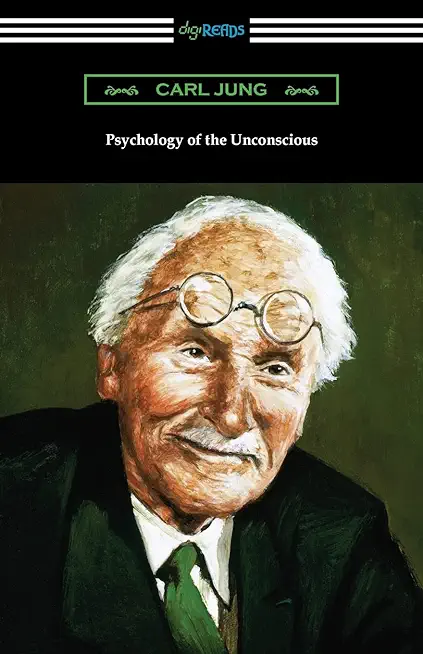
James, Henry
The Europeans: A sketch is a short novel by Henry James, published in 1878. It is essentially a comedy contrasting the behaviour and attitudes of two visitors from Europe with those of their relatives living in the 'new' world of New England. The novel first appeared as a serial in The Atlantic Monthly for July-October 1878. James made numerous minor revisions for the first book publication.
The tale opens in Boston and New England in the middle of the 19th century, and describes the experiences of two European siblings shifting from the old to the new world. The two protagonists are Eugenia M nster and Felix Young, who since their early childhood have lived in Europe, moving from France to Italy and from Spain to Germany. In this last place, Eugenia entered into a Morganatic marriage with Prince Adolf of Silberstadt-Schreckenstein, the younger brother of the reigning prince who is now being urged by his family to dissolve the marriage for political reasons. Because of this, Eugenia and Felix decide to travel to America to meet their distant cousins, so that Eugenia may "seek her fortune" in the form of a wealthy American husband.
Hawthorne is a book of literary criticism by Henry James published in 1879. The book was an insightful study of James' great predecessor Nathaniel Hawthorne. James gave extended consideration to each of Hawthorne's novels and a selection of his short stories. He also reviewed Hawthorne's life and some of his nonfiction. The book became somewhat controversial for a famous section where James enumerated the items of novelistic interest he thought were absent from American life.
This is the only book-length study James wrote about a fellow novelist, and it is not surprising he picked Hawthorne for such extended treatment. The tradition Hawthorne began in American literature - the morally intense exploration of the universality of guilt and the ambiguities of human choice - was clearly carried on by James.
A London Life is a novella by Henry James, first published in Scribner's Magazine in 1888. The plot revolves around a crumbling marriage and its impact on many other people, especially Laura Wing, the sister of the soon-to-be-divorced wife. Laura is a classic Jamesian "central consciousness," whose reflections and emotions color the presentation of the storyline and the other characters. The tale is notable for its straightforward, even hard-edged approach to sexuality and divorce. This might reflect the influence of French naturalism on James during the 1880s.
Laura Wing, an impoverished American girl, is visiting her sister Selina Berrington in London. Selina's husband Lionel, boorish and often drunk, is preparing to divorce his wife for her adultery with Charlie Crispin. Laura challenges Selina about her affair and doubts Selina's protestations of innocence. Lady Davenant, an elderly friend of the family, counsels Laura not to take her sister's marital troubles so hard.
The American is a novel by Henry James, originally published as a serial in The Atlantic Monthly in 1876-77 and then as a book in 1877. The novel is an uneasy combination of social comedy and melodrama concerning the adventures and misadventures of Christopher Newman, an essentially good-hearted but rather gauche American businessman on his first tour of Europe. Newman is looking for a world different from the simple, harsh realities of 19th-century American business. He encounters both the beauty and the ugliness of Europe, and learns not to take either for granted. The core of the novel concerns Newman's courtship of a young widow from an aristocratic Parisian family.







